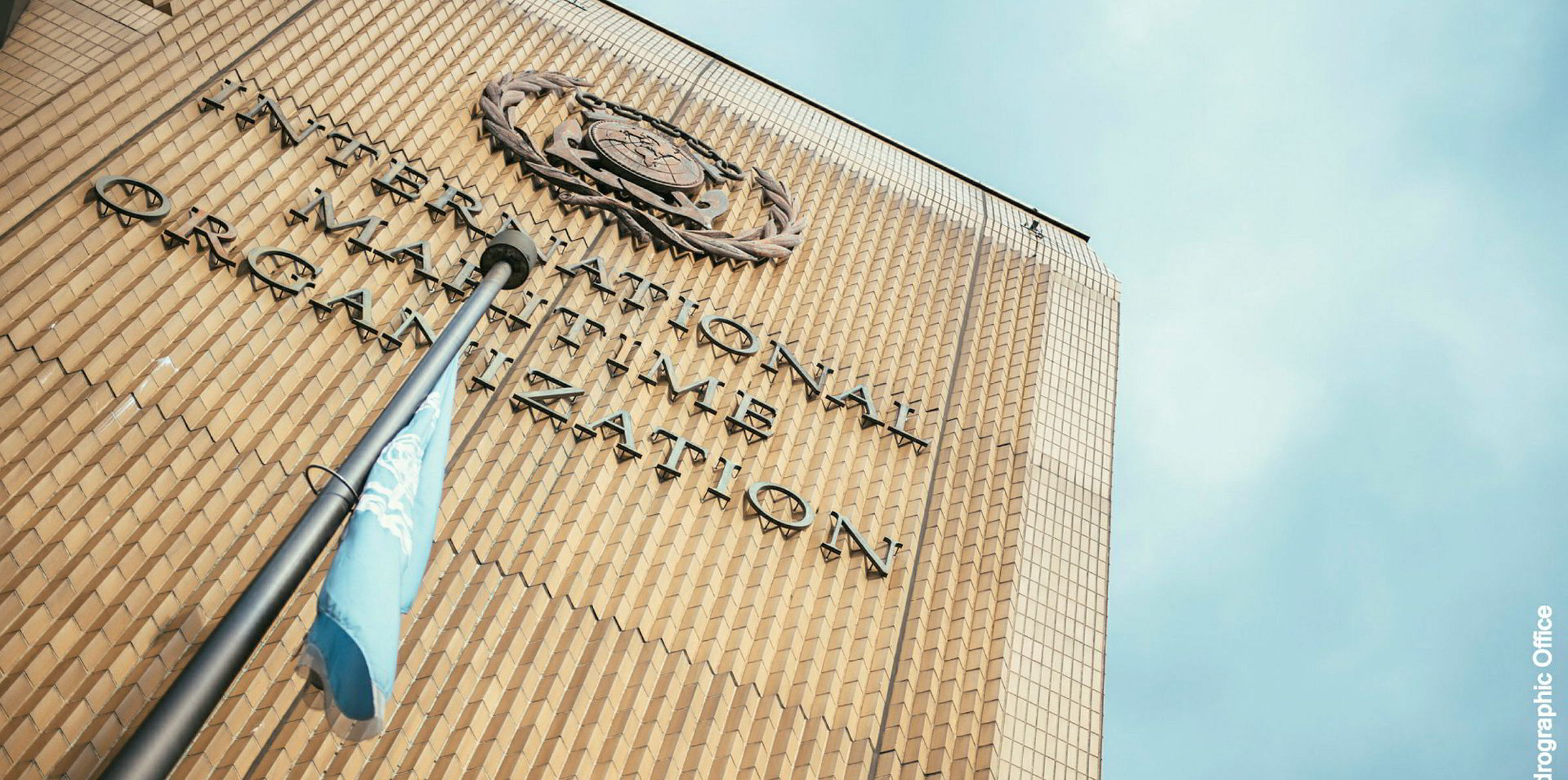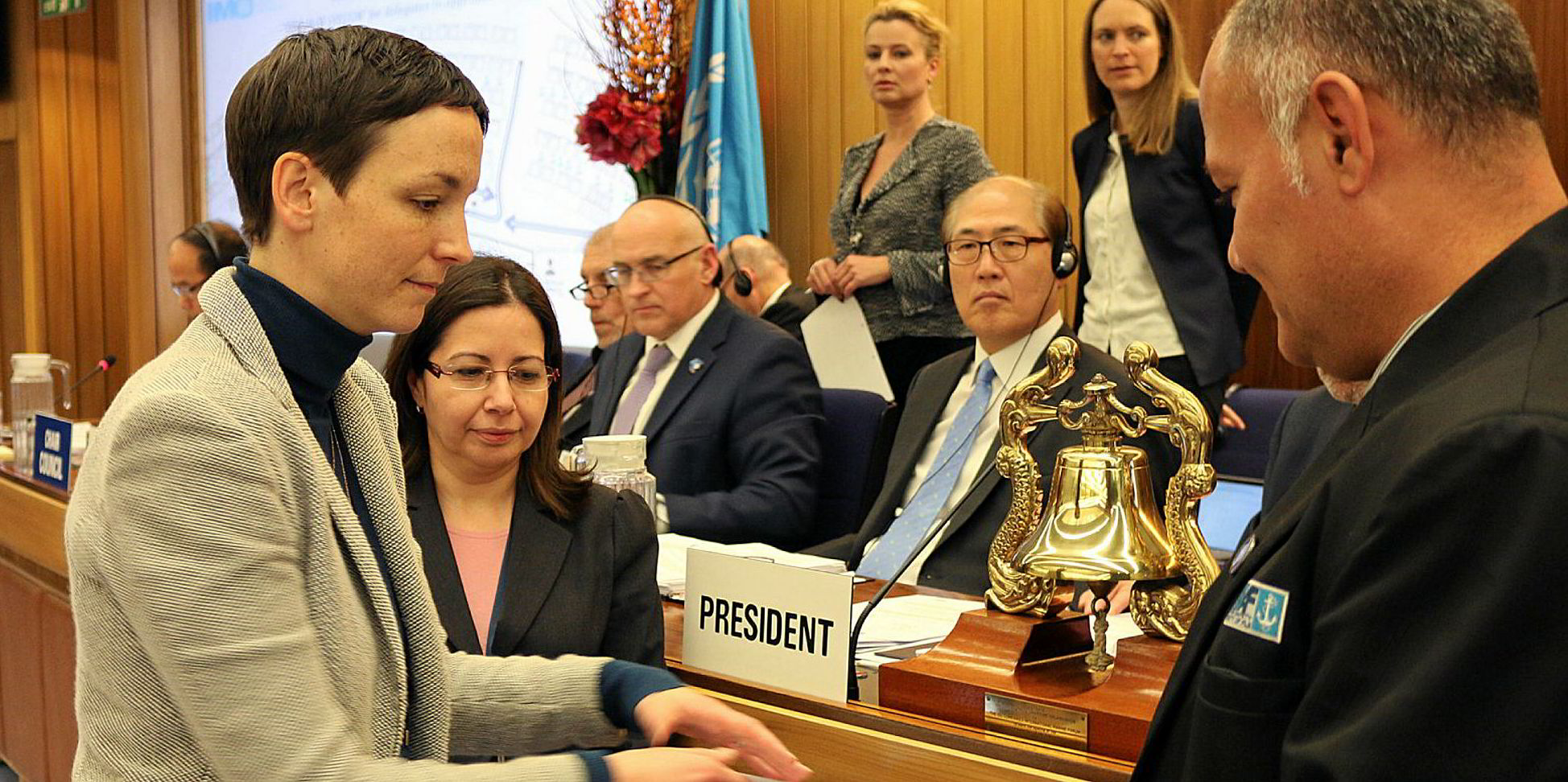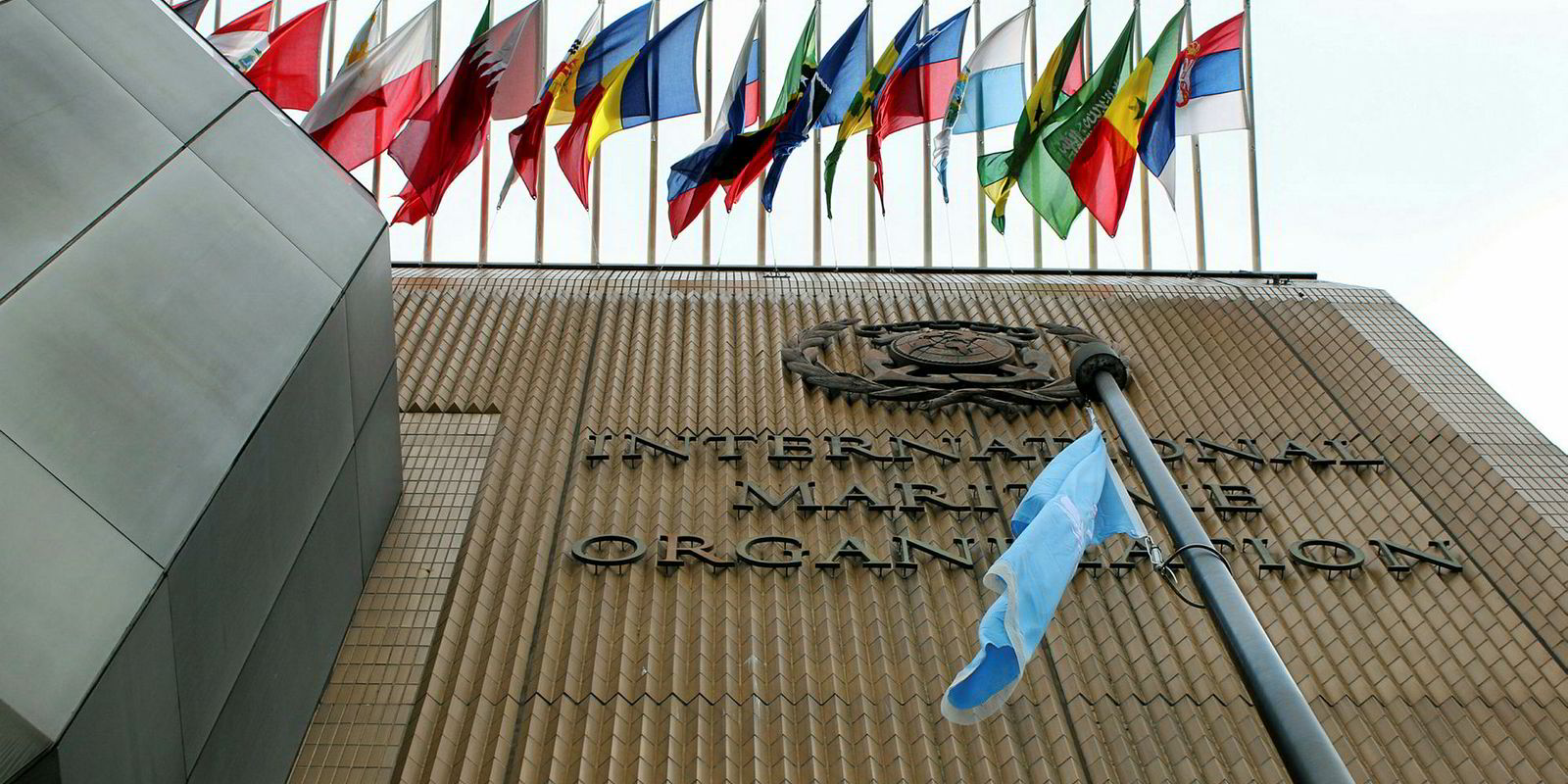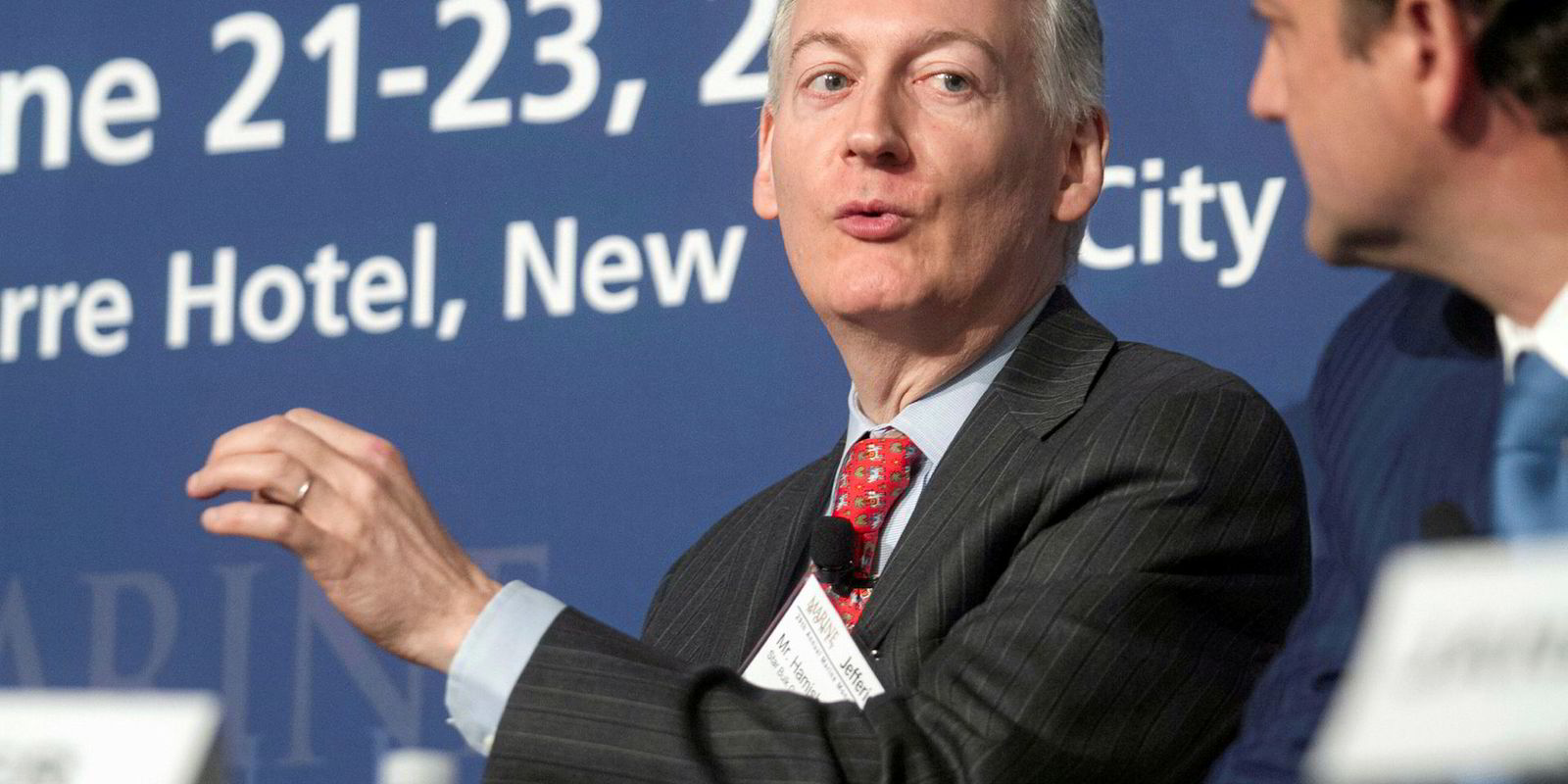Australia is proposing a series of far-reaching measures to make the IMO fairer and more representative, effective and transparent.
A hard-hitting paper to be presented to the IMO Council meeting next week in London has been backed by major flag states, including Liberia and the Bahamas. It calls for an increase in the IMO budget, improved public access to information and changes to the IMO Council system.
The move is an attempt to modernise the council, which is the IMO’s main policy body, as well as to help it tackle an increasing safety and environmental programme. The council plays a critical role in delivering the IMO’s “strategic plan”.
Australia wants to see recent budgetary cutbacks reversed, with member states contributing more to the IMO coffers to help it cope with the mounting workload.
It claims the organisation’s recent cost-cutting has reduced the number of meeting days and reports to member states, and harmed productivity.
The call is bound to face opposition from many member states that have been urging the IMO to reduce spending because their domestic budgets are under pressure.
‘Overwhelming workloads’
“The number of committee meeting days has been cut back and the number of staff at the IMO secretariat has also been significantly reduced. Some subcommittees have overwhelming workloads and this impacts on the quality of the outputs,” the paper said.
It proposes that the IMO adopt higher standards of “openness and transparency”, particularly on the work of its council, urging the IMO to consider making some council and assembly meetings public.
Australia questions some of the restrictions on journalists reporting on the IMO, such as the condition that journalists should not quote delegates at meetings without first asking for approval. “Generally an intervention made on behalf of a member state should be able to be accurately reported without permission,” it suggested.

It has also raised the issue of whether non-governmental representation at the IMO “represents the full spectrum of interests in both the maritime industry and the broader international community”. It would like the IMO to review its criteria for consultative status and says non-governmental organisations should not be denied membership simply because they have made what would be considered reasonable criticism of the regulator.
Australia wants to see the council election system modernised. It says the council should play an important role in setting the overarching goals of the IMO, but points out that membership of the powerful categories A and B is showing little movement and is not representative of wider interests.
There are three categories of council members. A and B each have 10 member states and C has 20. Categories A and B are largely made up of developed nations but exclude leading flag states such as the Marshall Islands, Bahamas and Liberia.
Since 2003, membership in category A has been contested only once and in category B twice, even though they come up for election every two years. Category C membership, however, is regularly contested.
Australia says that for the institutional health of the IMO Council, election to categories A and B should be made more “readily contestable”.
Australia believes the current system “leads to under-representation of states which have important and legitimate maritime interests, such as small island developing states, but [which are] not major exporting or shipping nations”.
The paper proposes doing away with the category system in favour of a single council with an expanded 60 seats that would represent one third of IMO member states and present a more diverse range of interests. A four-year term rather than the current two years would lighten the burden of campaigning.





